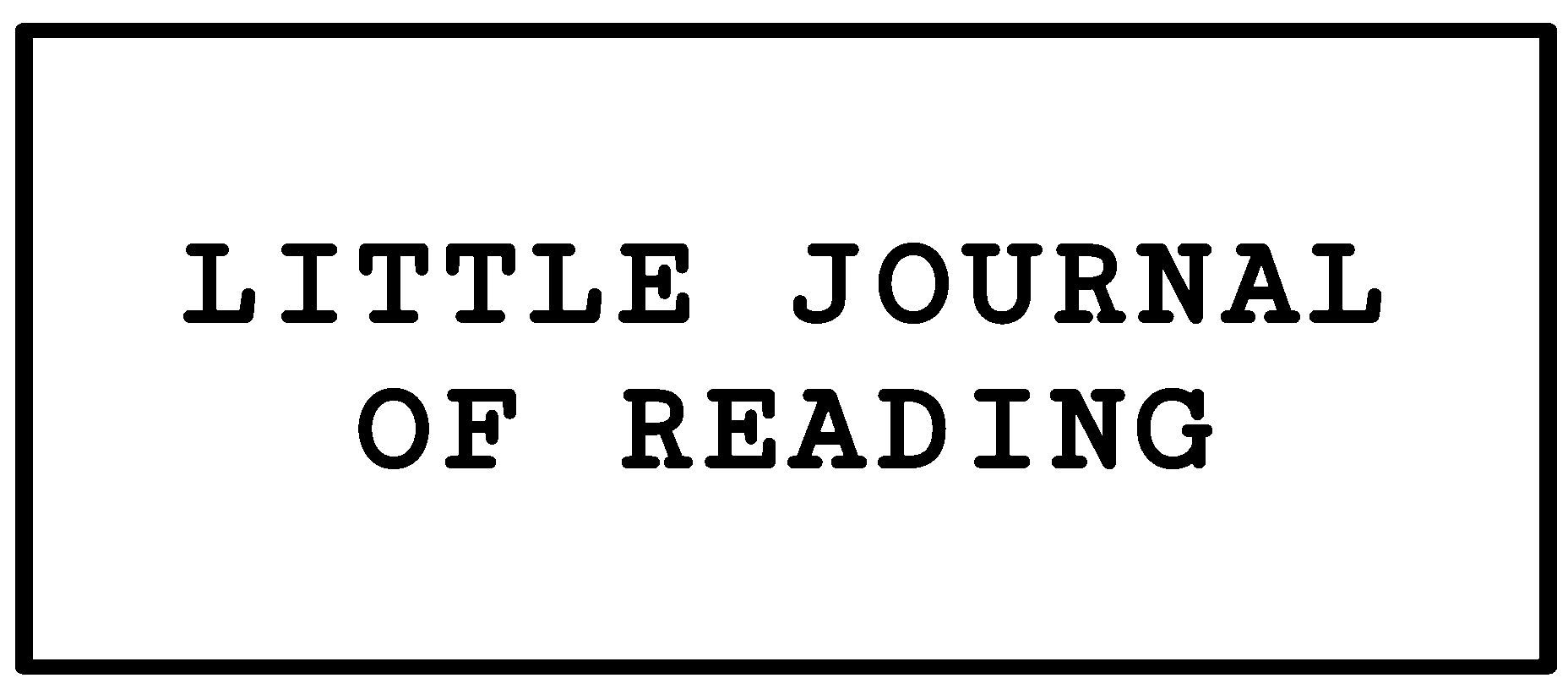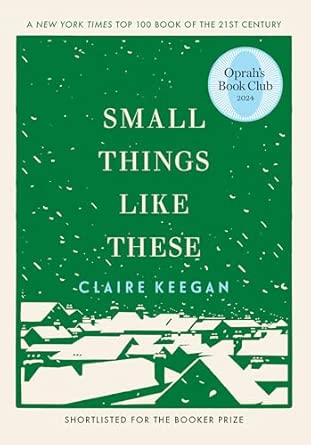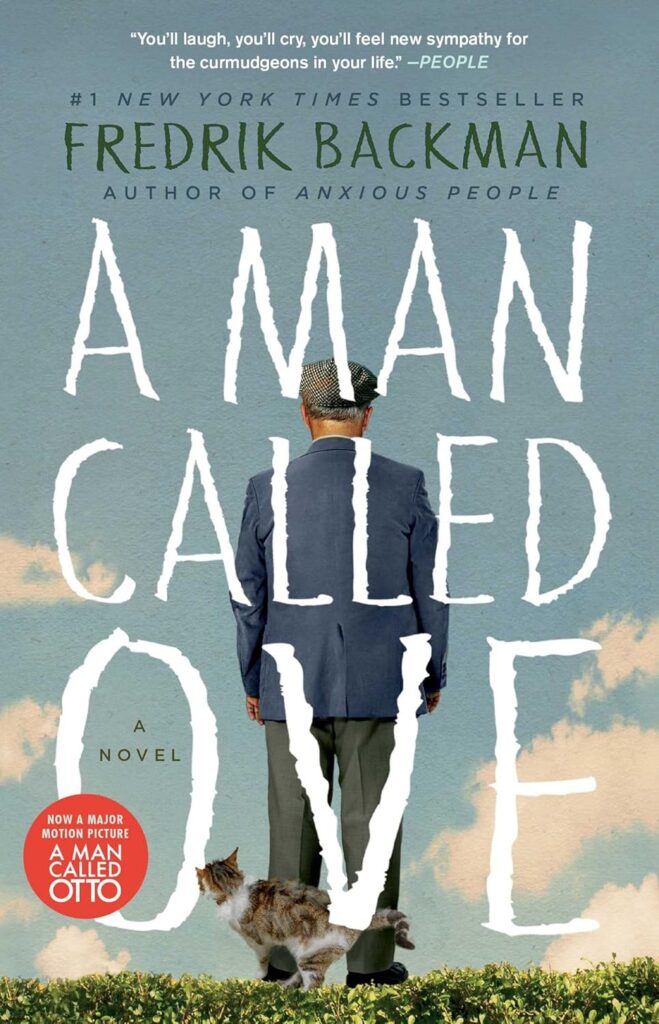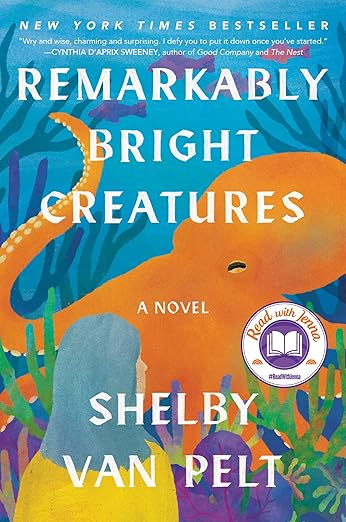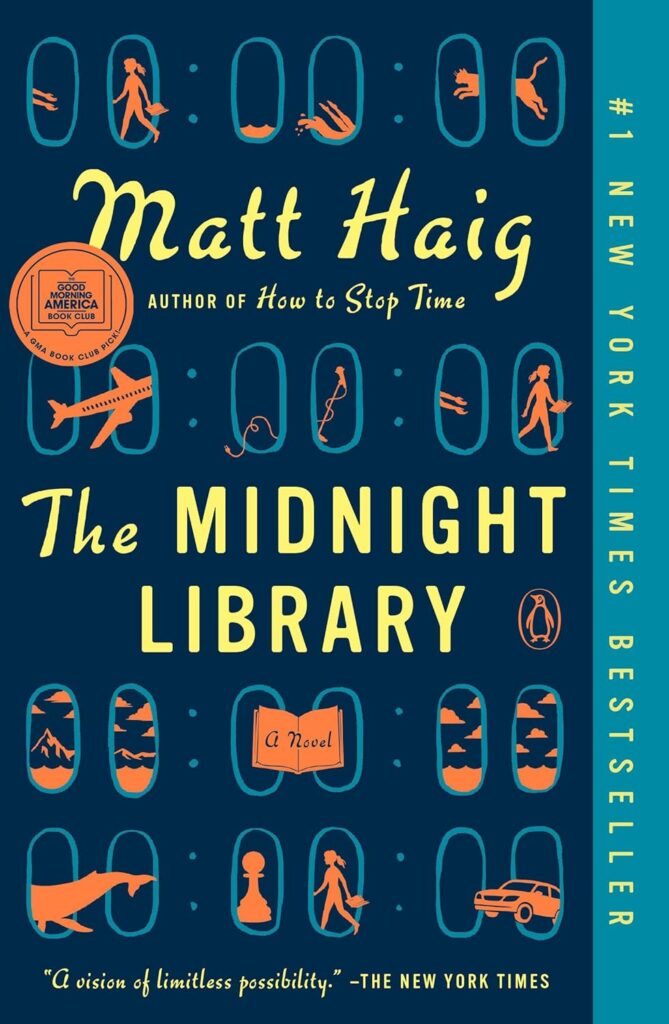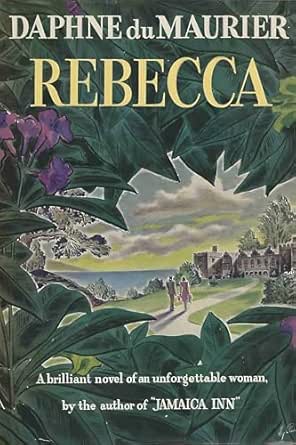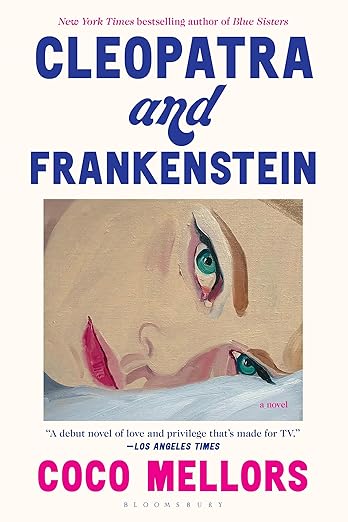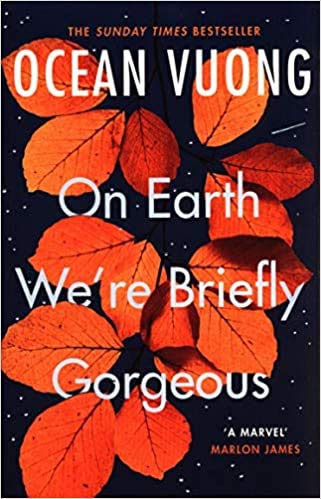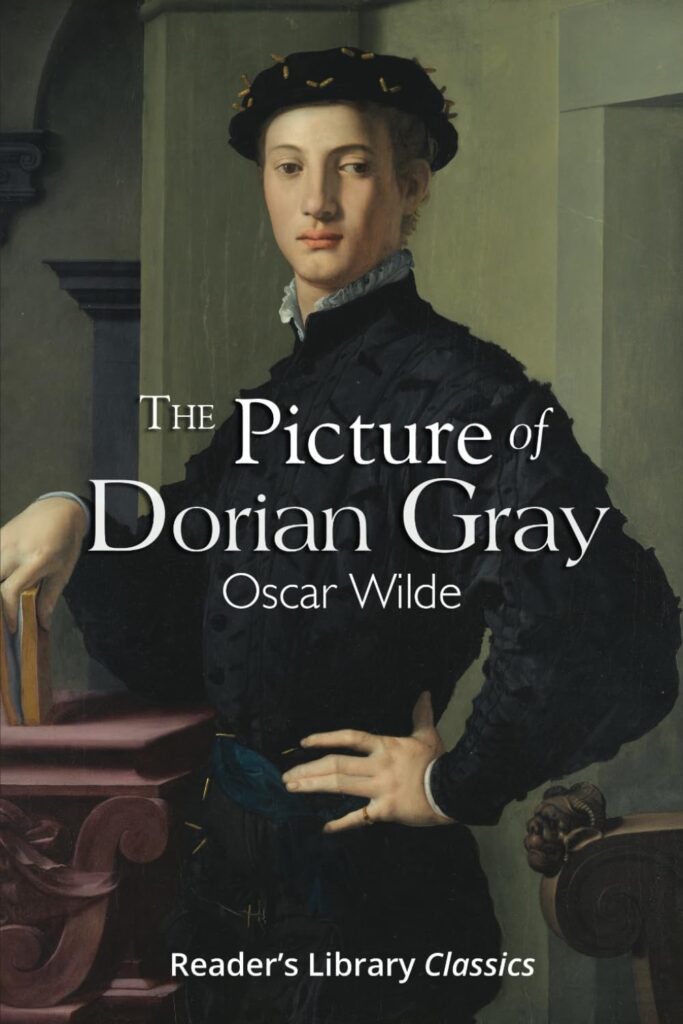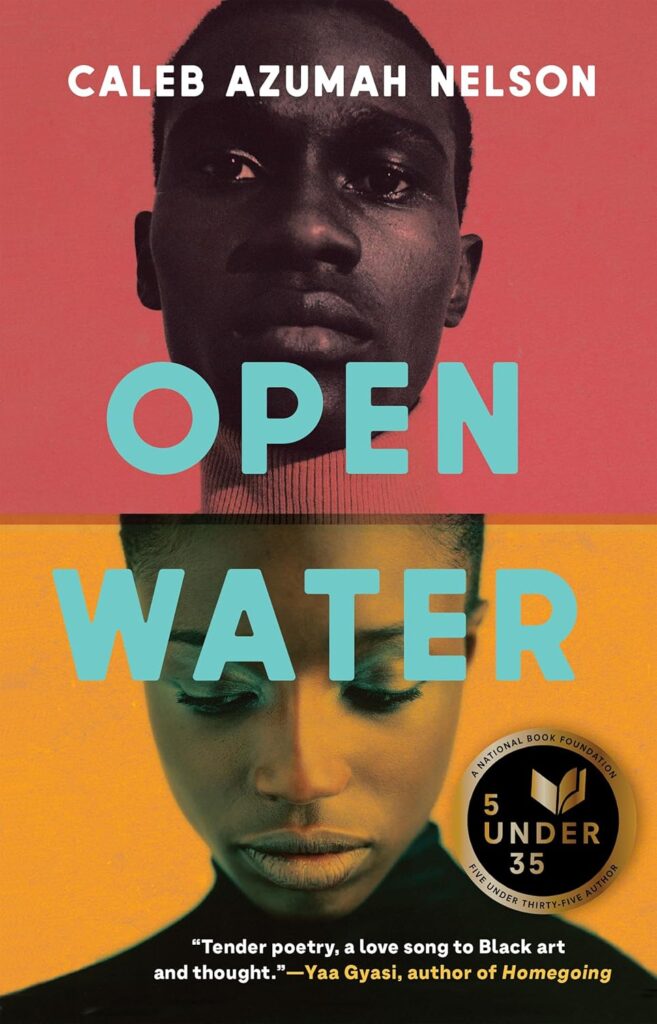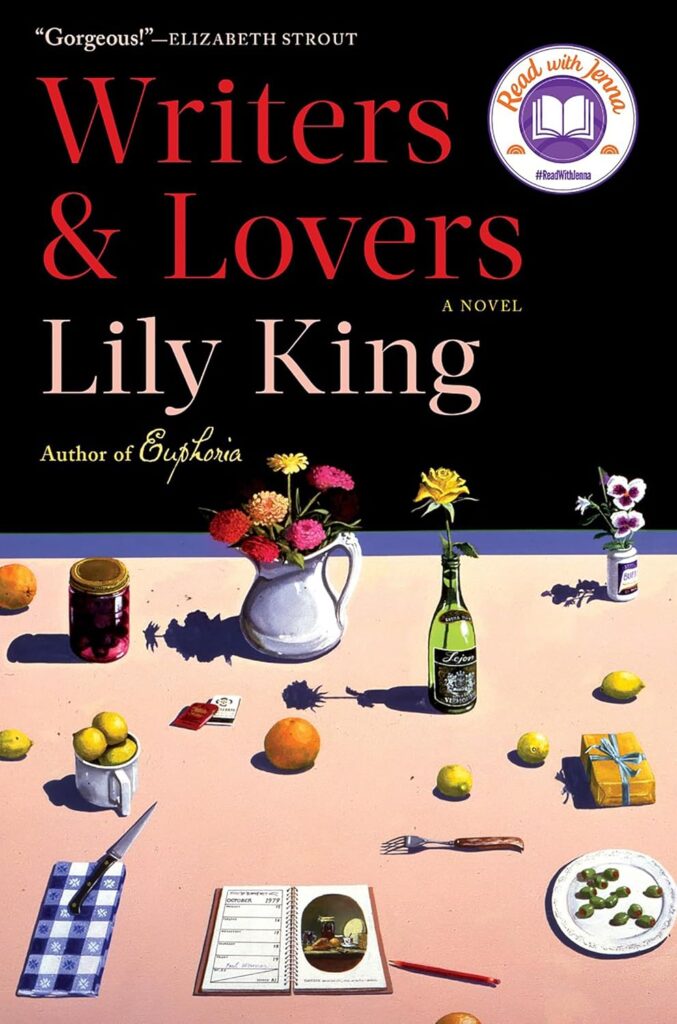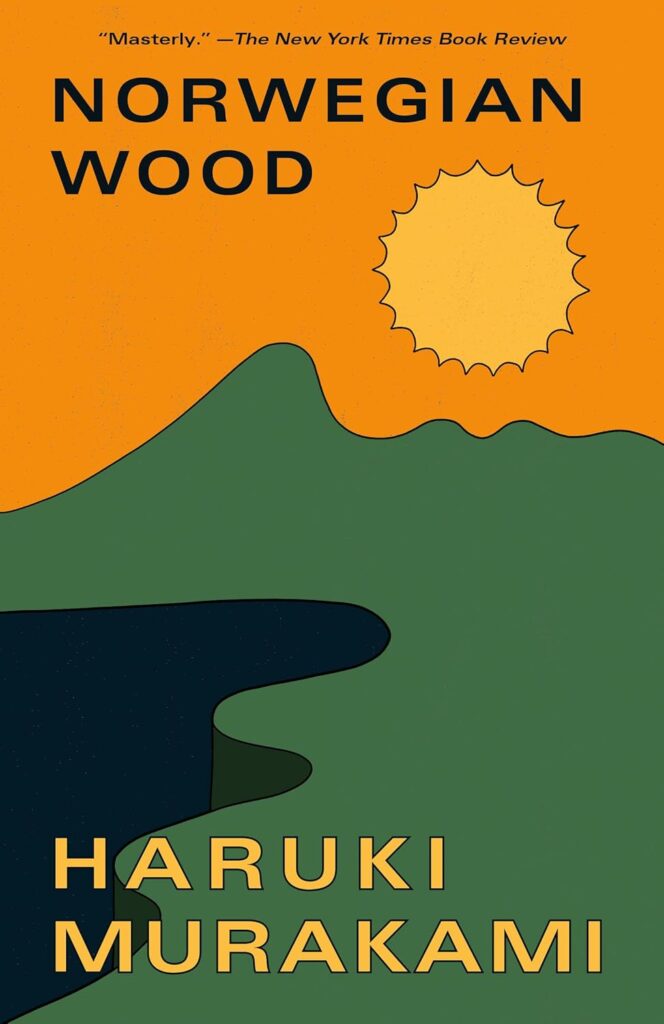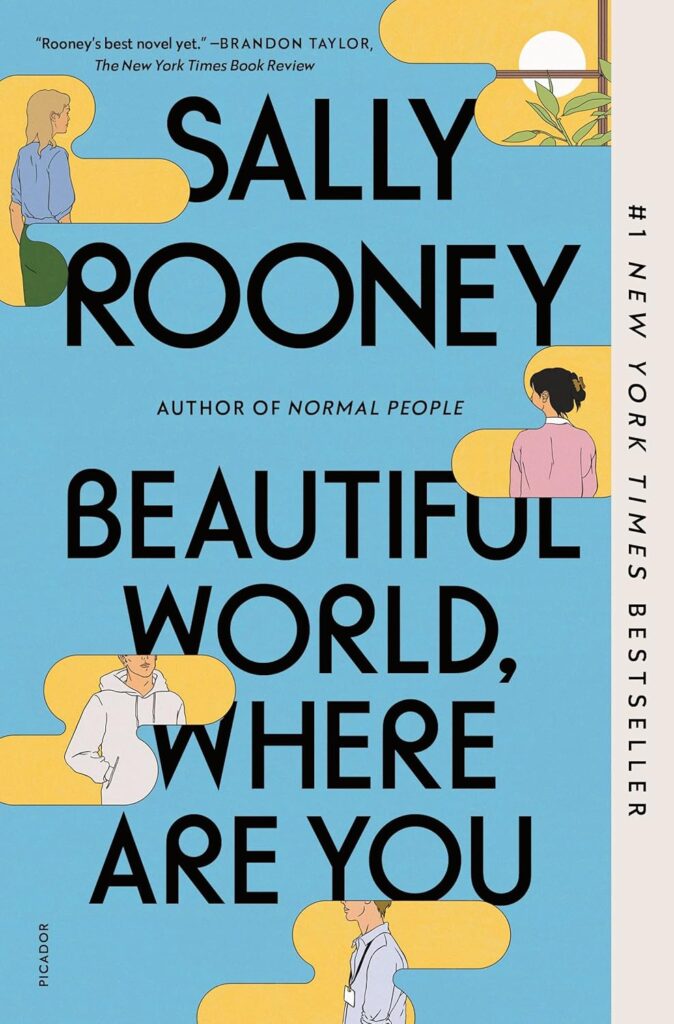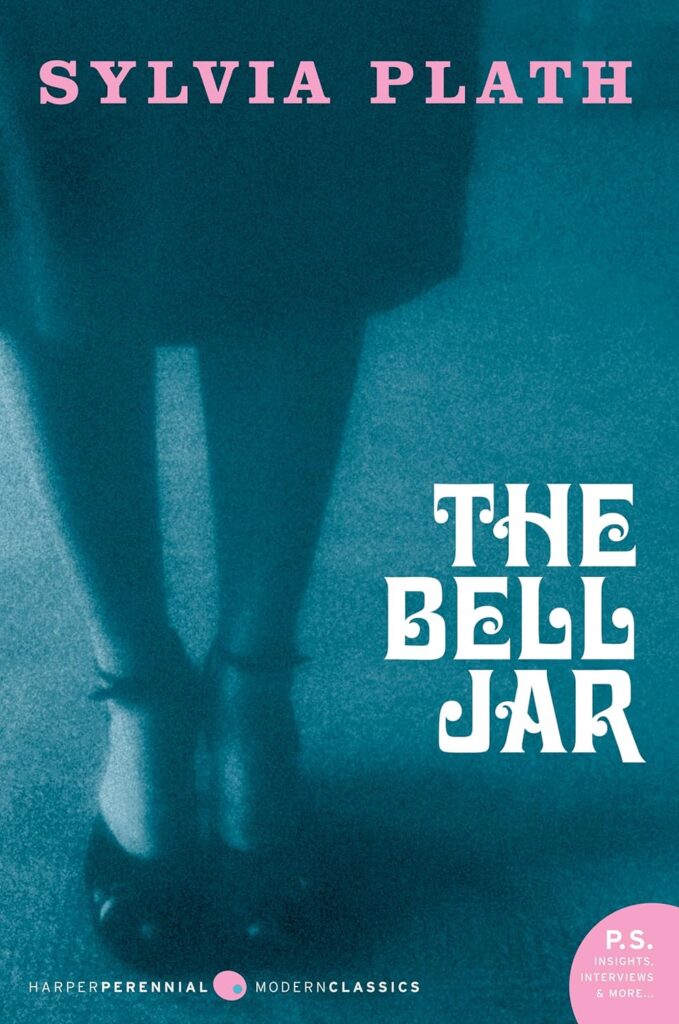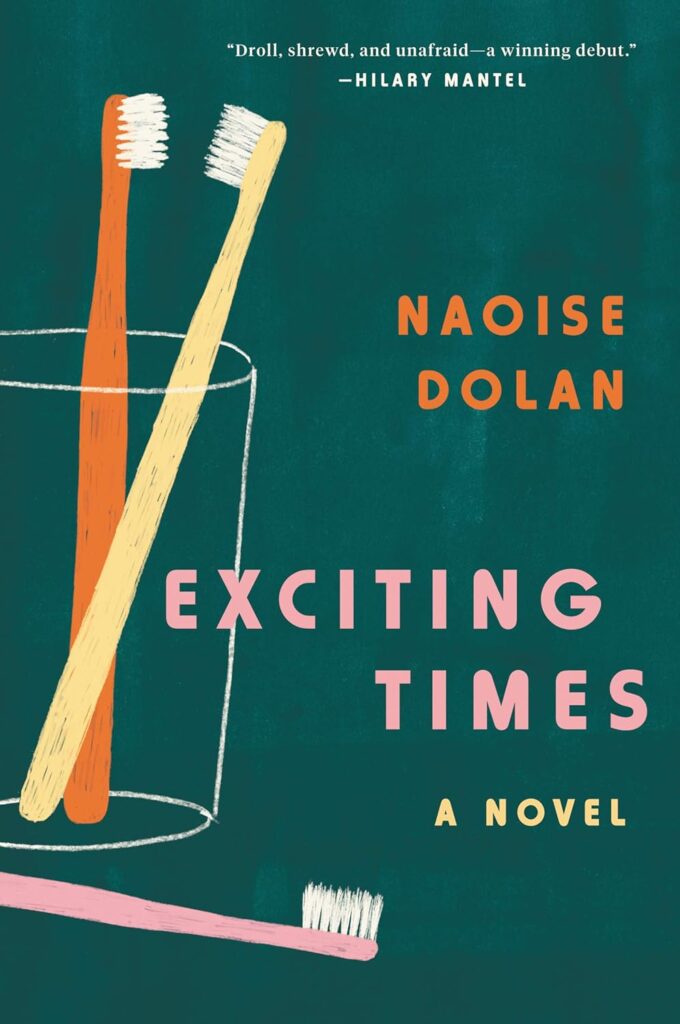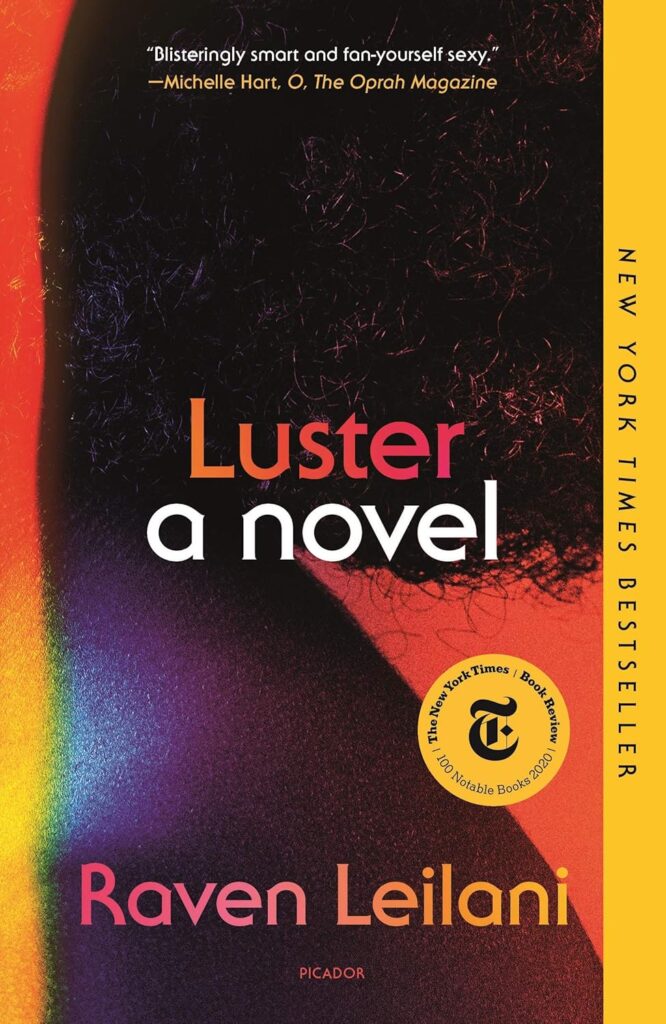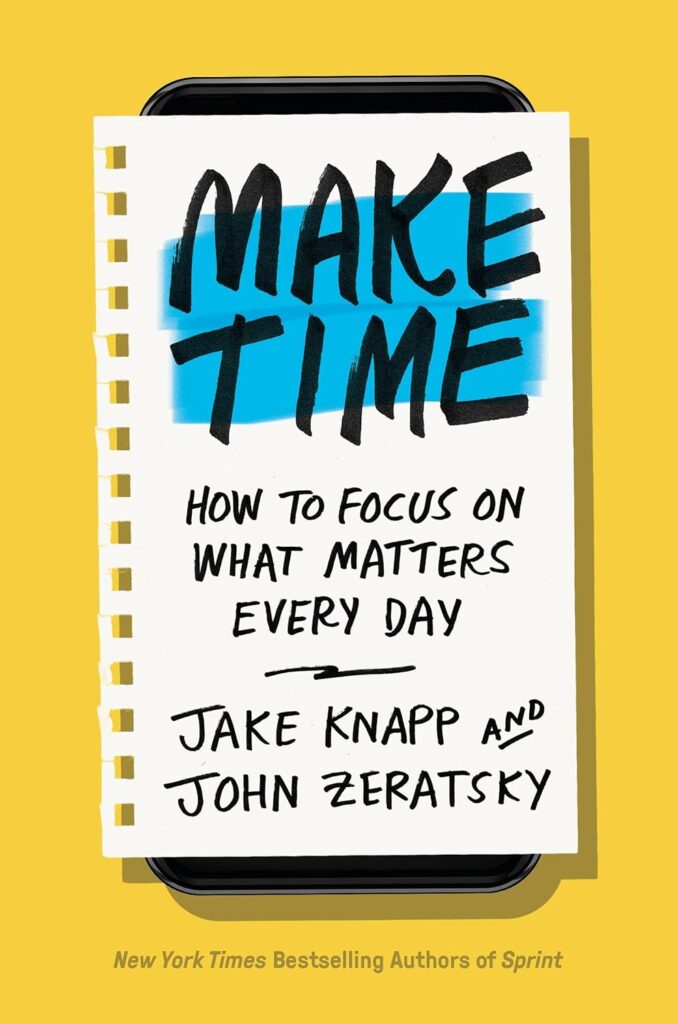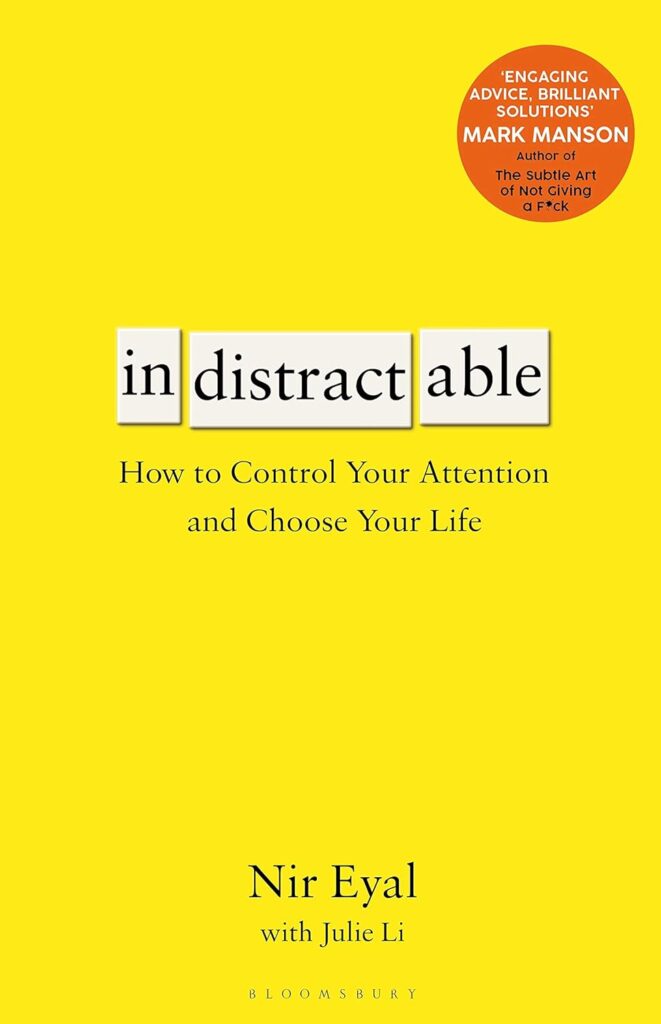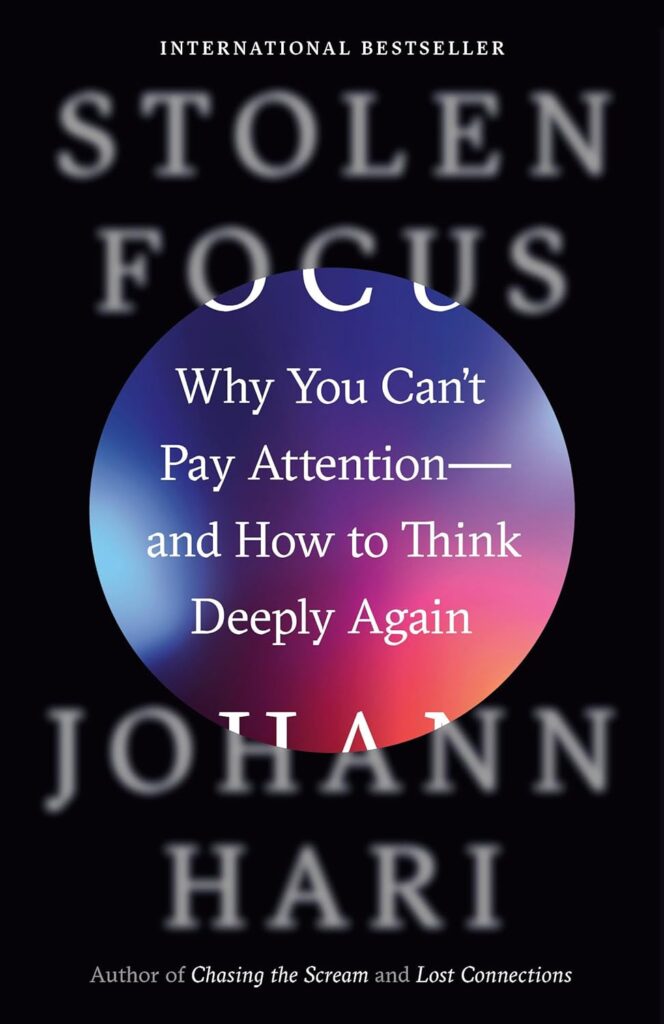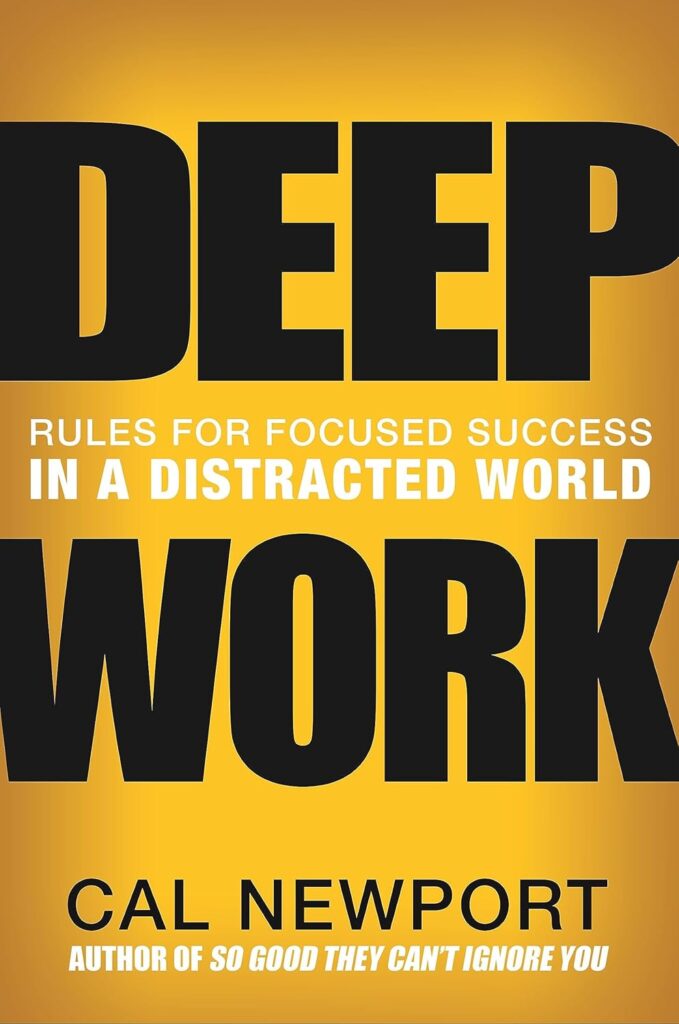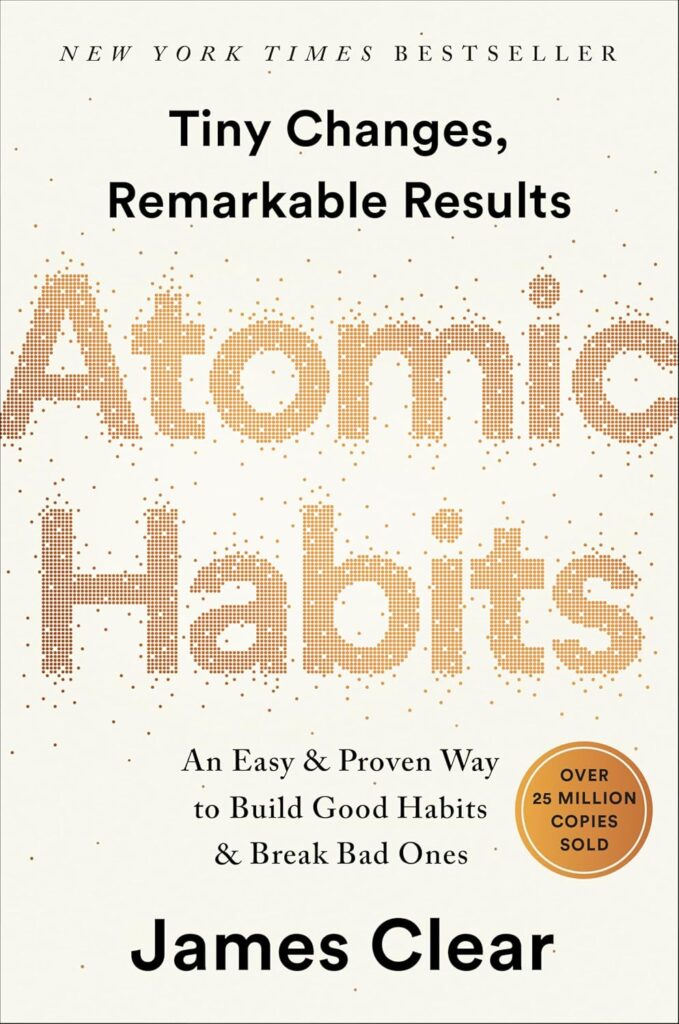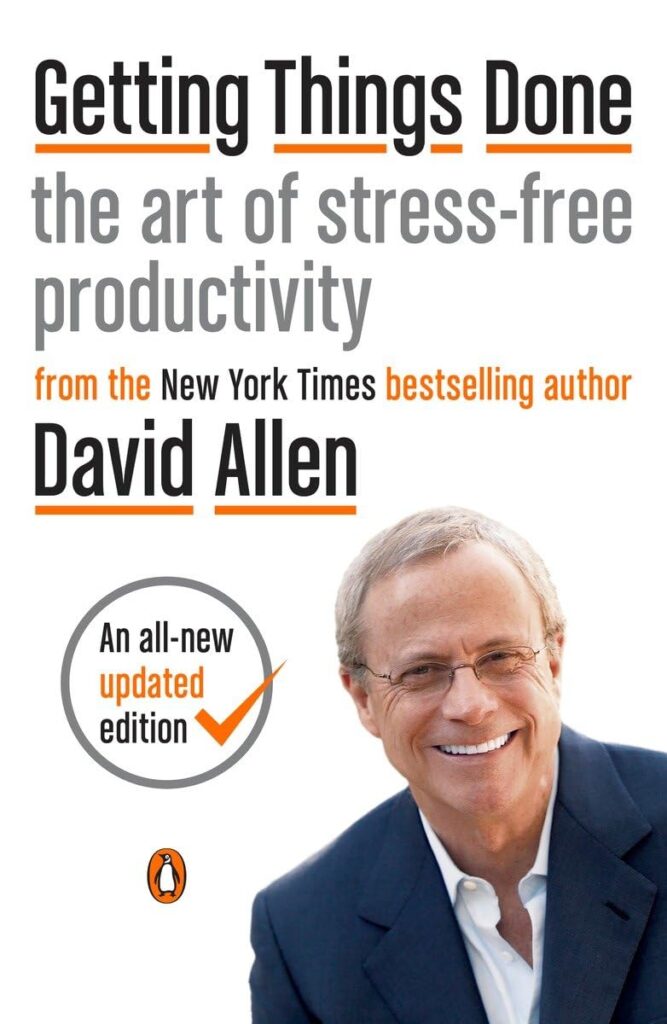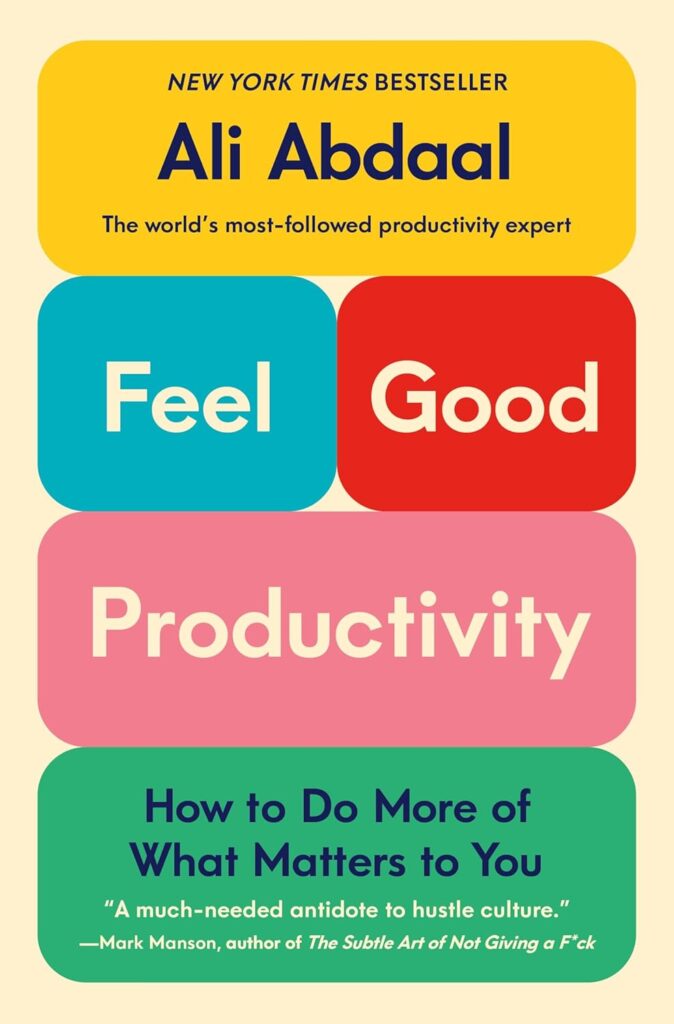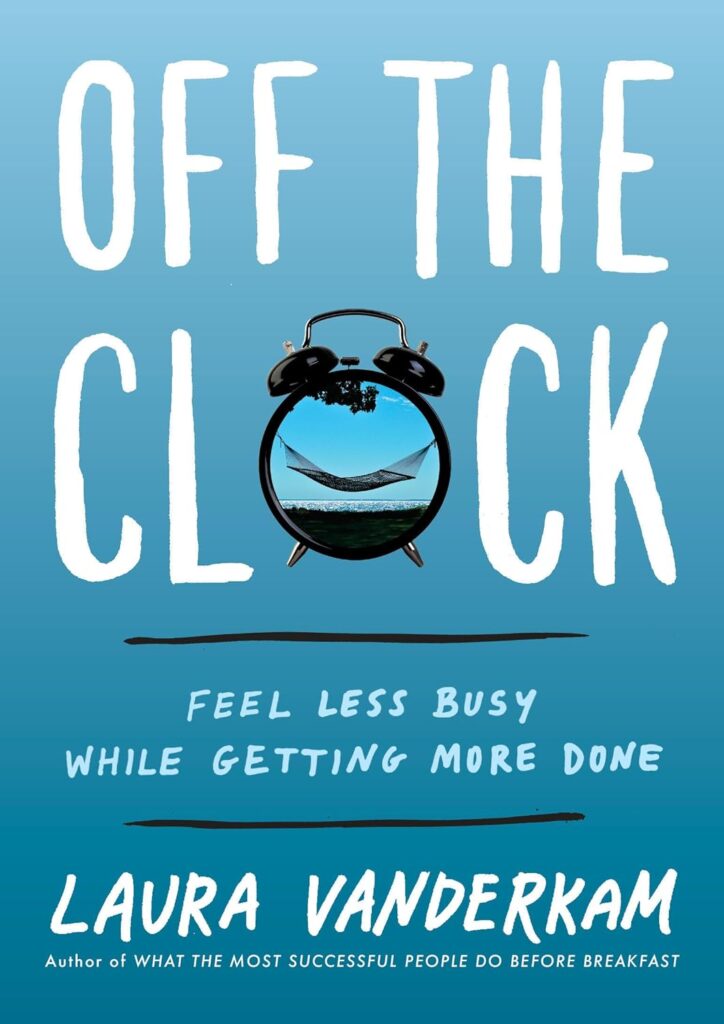Managing money can feel overwhelming at times. Between bills, savings, and the pressure to “do the right thing,” it’s easy to get stuck or avoid the topic completely. I’ve found that the right book can make money feel less intimidating and even a little exciting. These are five personal finance books that stood out to me, not because they throw numbers at you, but because they shift the way you think about money and give you tools you can actually use in everyday life.
The Psychology of Money by Morgan Housel
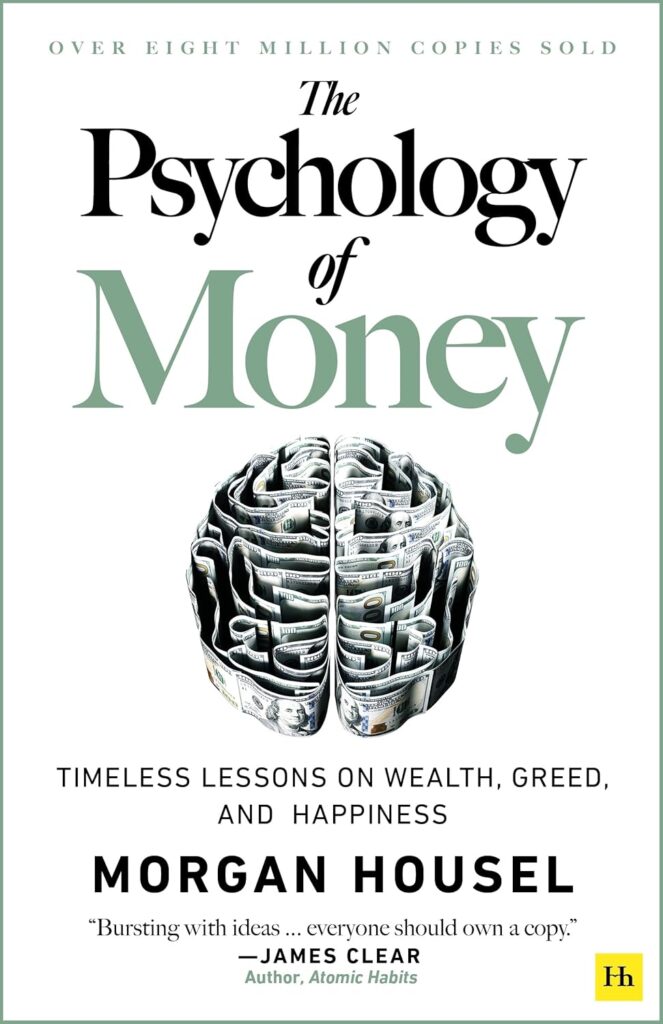
This is one of those books I keep coming back to. What I love about it is that it doesn’t give you a “10-step plan” or strict formulas. Instead, it shows how much our emotions, patience, and decisions shape our financial life.
For me, the biggest takeaway was that being “good with money” isn’t about being the smartest. It’s about being consistent and avoiding big mistakes. That felt comforting, because it means ordinary people (like us) can actually succeed without mastering complex investing.
📘 You can find The Psychology of Money here.
The Millionaire Fastlane by MJ DeMarco
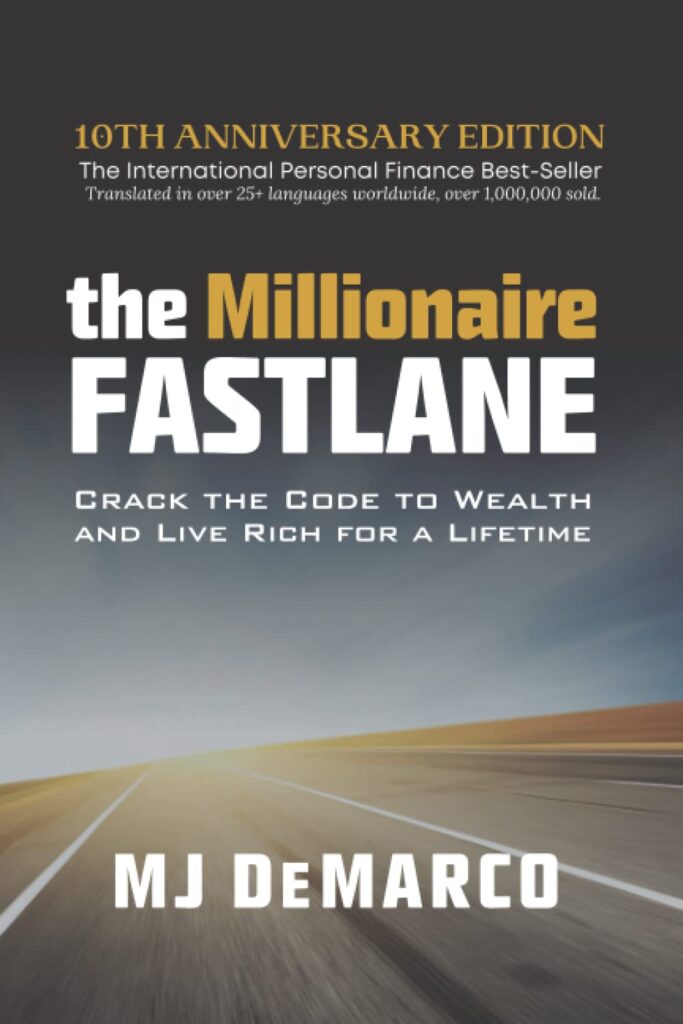
This book has a completely different vibe. It’s bold, blunt, and a little rebellious. DeMarco basically says: if you’re following the traditional “get a degree, work hard, save slowly, retire at 65” path, you’re stuck in the slow lane.
It’s not a soft, cozy read. It is not a traditional personal finance books. But it challenges you to think differently about creating wealth, mainly through entrepreneurship. Personally, I didn’t agree with everything, but I liked how it made me question the “default” money advice we’ve all been told. It’s a good pick if you need a motivational push.
📘 You can find The Millionaire Fastlane here.
The Algebra of Wealth by Scott Galloway
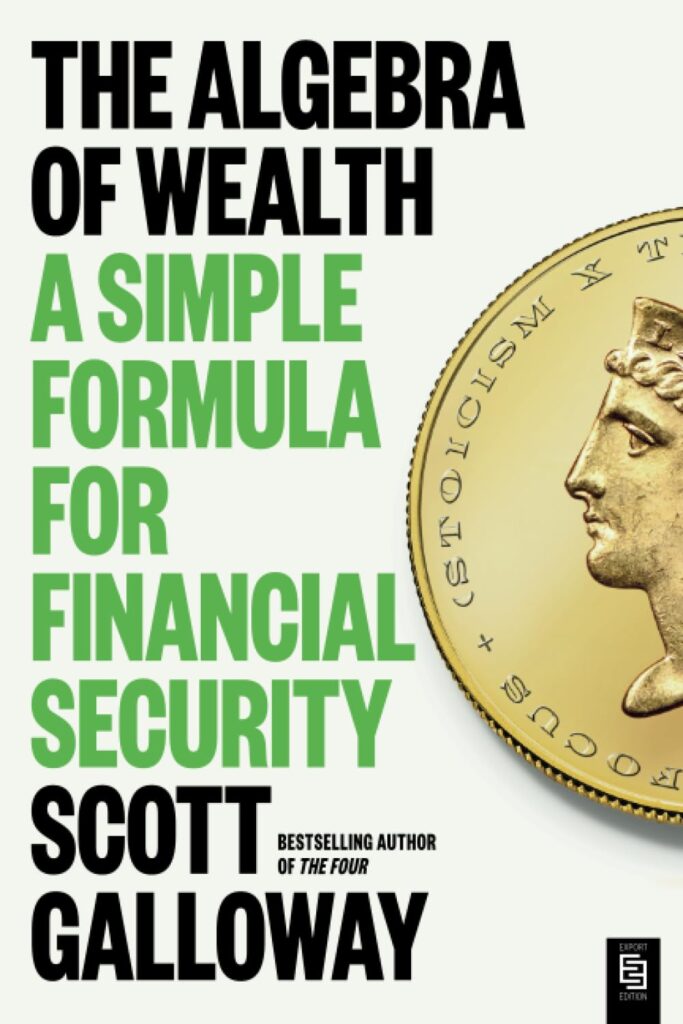
This book feels more balanced, less emotional than Housel, less fiery than DeMarco. Galloway explains wealth through a simple formula: focus + time + diversification + stoicism.
What I appreciated is how straightforward it is. He strips money down to a few principles and reminds you that wealth isn’t only about the size of your bank account, but about freedom and peace of mind. It reads almost like advice from a tough but caring professor.
📘 You can find The Algebra of Wealth here.
I Will Teach You to Be Rich by Ramit Sethi
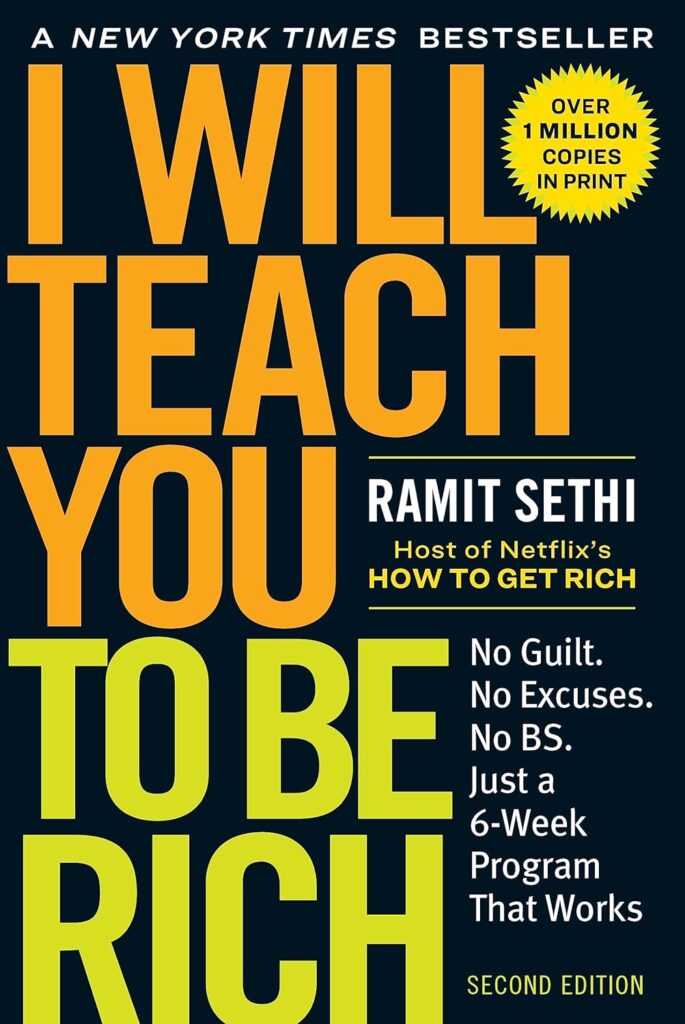
This one is probably the most practical of the list. Sethi talks about opening the right bank accounts, setting up credit cards, and automating savings. Normally, that kind of detail would make me want to tune out, but his writing style makes it simple and kind of fun.
What I liked most is how he gives you permission to spend money on what you love, instead of shaming you for buying coffee or small treats. That feels realistic and sustainable. I started applying his tip on automating payments, and it instantly removed a bit of stress, one of the best personal finance books no doubt.
📘 You can find I Will Teach You to Be Rich here.
Million Dollar Weekend by Noah Kagan
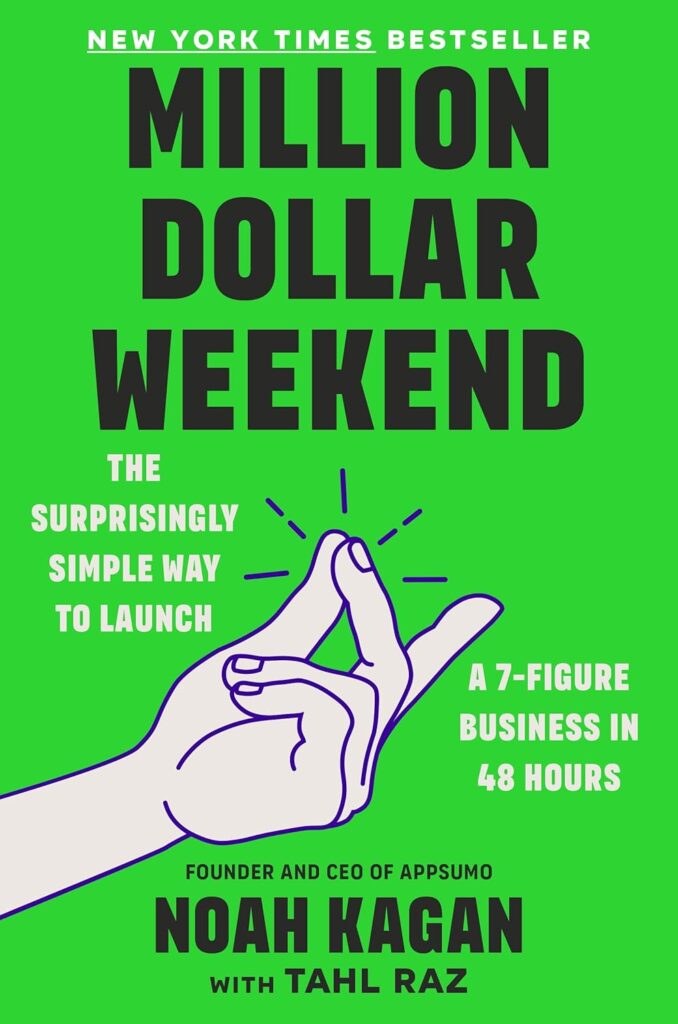
Not like the usual personal finance books, this book is all about momentum. Kagan’s approach is simple: you don’t need a 100-page business plan or years of preparation. You just need to start. He challenges you to launch a small project in a single weekend.
What I liked is that it removes the fear of failure. The book is less about building a million-dollar empire overnight and more about realizing that action beats overthinking. Even if you don’t want to start a business, the mindset of experimenting and learning quickly feels motivating.
I found it refreshing compared to more traditional finance books. It’s fast-paced, practical, and written in a way that makes you feel like you’re talking to a friend who pushes you to just go for it.
📘 You can find Million Dollar Weekend here.
Conclusion
Money doesn’t have to feel like a mystery or a constant source of stress. These personal finance books gave me different ways to think about wealth – some psychological, some practical, some motivational.
If you’re looking to build more confidence around money, I’d say: don’t wait to have it all figured out. Just start with one book that resonates with you, and commit to reading a single chapter this week. Small steps add up.
If you enjoy my reviews, explore more on my blog for book recommendations, creative journaling, and mindful reading ideas to deepen your everyday practice.
